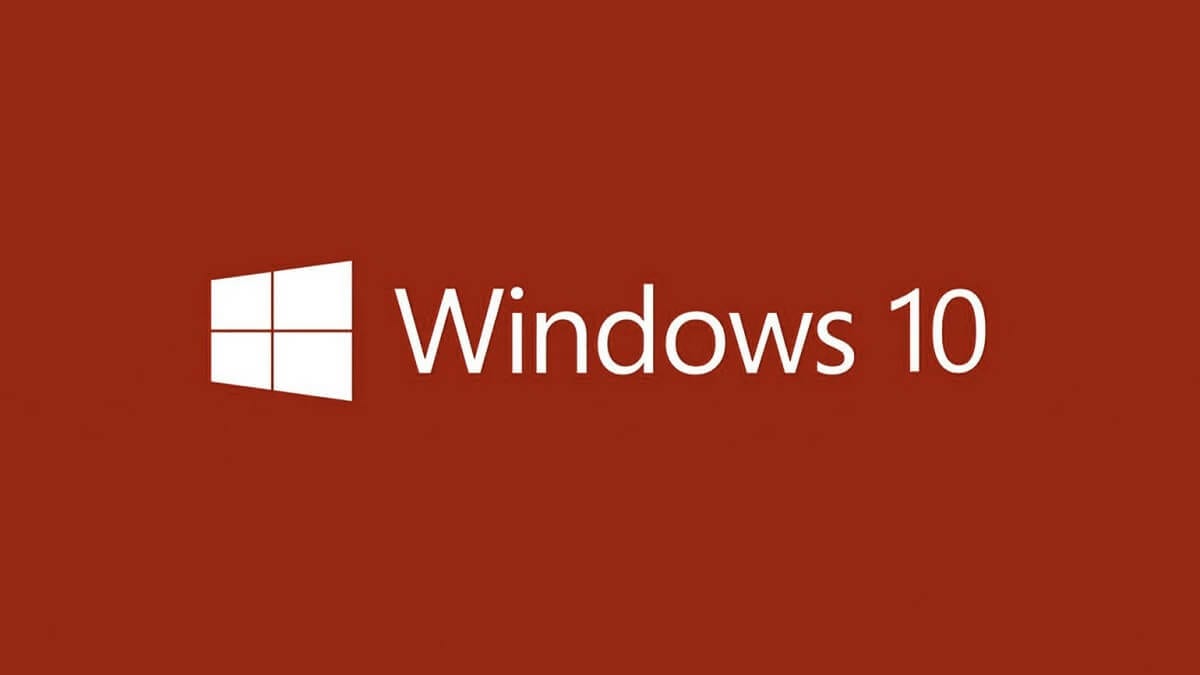
Every time we insert a CD, DVD, memory card or pendrive in our computer, Windows detects it and allows us to perform an associated action, whether it is opening the content of the device, executing a playback medium, opening a specific application to perform an action ...
This function has always been very useful when we mainly used to use DVDs on our computer to watch movies, since it automatically I opened the video player to start playback without having to search for the application on our computer.
But, as we all know, most computers, both laptops and desktops that hit the market, they do it without a DVD drive, since streaming video services offer us a much more comfortable way of accessing our favorite series or movies.
However, although to a lesser extent, we continue to use pendrive and memory cards to pass information from one computer to anotherInformation that, due to its size, would take a long time to upload to the internet, although connection speeds today are very fast.
Automatic playback when introducing a device in our computer, is still available in Windows 10, a function that fortunately we can deactivate so that every time we insert a CD, DVD, memory card or pendrive into our computer, it detects it but does not associate it with any specific action, be it opening a media player, showing the contents of the folder or any other action associated.
Disable autoplay in Windows 10

- Through the key Windows + i, we access the Windows 10 configuration options.
- Then we head up Devices.
- In the left column, click on Automatic playback.
- Now we go to the left column and deactivate the switch Use autoplay for all media and devices.